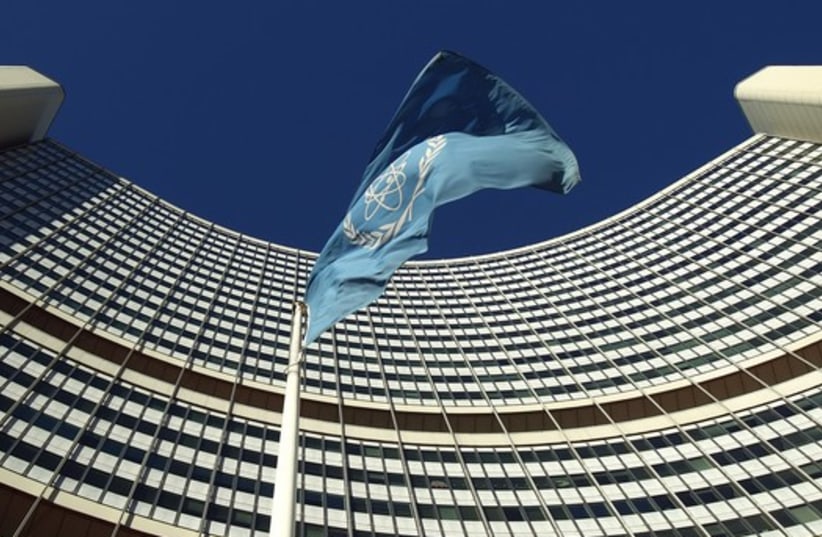Grossi, 58, succeeded Yukiya Amano, who died in office.
Grossi had been running neck-and-neck with Amano's former right-hand man and current acting director general, Cornel Feruta of Romania, in repeated votes by the International Atomic Energy Agency's 35-nation Board of Governors until Grossi took the lead on Monday.
Grossi, who had the early support of heavyweights including Brazil and the United States, reached the two-thirds of votes required on Tuesday, with 24 countries backing him. His appointment will now be signed off on by another board meeting and a wider meeting of all member states, both formalities.
"I will do my job and I think my job is to implement the mandate in a manner which is independent, which is fair, which is neutral," Grossi told reporters after the vote when asked about Iran, declining to go into specifics.
Diplomats do not expect a major shift under Grossi in the IAEA's stance on its most high-profile issues, such as policing Iran's deal with major powers, which Iran is breaching step by step in response to crippling U.S. economic sanctions.
"What I think is important is that I give my member states and the international community the guarantee that I am absolutely independent and impermeable to pressure," said Grossi, a veteran of nuclear diplomacy and currently Argentina's ambassador to the IAEA.The IAEA board aims to have Grossi take office by Jan. 1. Grossi said that might happen earlier.
